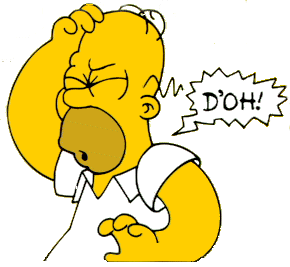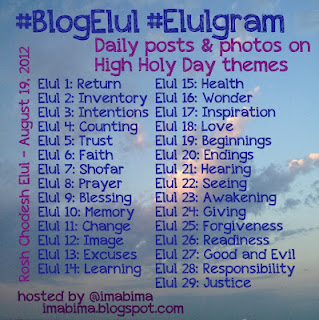
Cross-posted from the Rabbis Without Borders blog at myjewishlearning.com
As an ex-pat British Jew, living and working in the USA, I’ve been following the press coverage on the search for a new Chief Rabbi in the UK with interest. The Times of Israel just recently published an update on what is becoming quite a lengthy and arduous search, raising a number of poignant issues in its coverage. Its been nearly two years since Rabbi Jonathan Sacks announced that he would be stepping down from the position come September 2013. British commentators have noted that the Anglican Church managed to appoint a new Archbishop of Canterbury in a mere 8 months.
For those less familiar with the British religious landscape, that comparison was not just plucked out of the air. Rabbi Herman Adler became the first, self-designated ‘Chief Rabbi’ from 1891-1911, and promoted this role as the Jewish equivalent to the Archbishop of Canterbury. With a much more centrist Orthodox rabbinate, the fledgling progressive communities were content with this singular spokesperson for the UK Jewish community for quite some time.
However, the official title is actually ‘Chief Rabbi of the United Hebrew Congregations of the Commonwealth,’ and the preciseness of this label has become more pertinent over time. The United Synagogue, as it is often referred to, is the umbrella organization for modern Orthodox communities only. As the rabbinic authorities in the UK – the Dayanim – (judges that sit on the Beth Din – the Jewish Court) have played an influential role in moving the mainstream Orthodox United Synagogue further and further to the right (in part, no doubt, responding to pressures felt from their counterparts in Israel), and as the Progressive movements have grown in number and strength over the decades, it has become virtually impossible to conceive of one person who can represent and speak on behalf of the British Jewish community. Here, the parallel with the Archbishop of Canterbury breaks down. The archbishop only speaks for the Anglican Church. The fact that this is still somewhat of an influential voice in British culture is not because he speaks for any of the other Christian denominations to be found in the UK, but because of the UK’s own political history, by which the Anglican Church is the official State religion of the country.
And, in fact, there has been an official spokesperson for the Sephardi Jewish community, the Reform and the Liberal Movements of the UK for quite some time. Over the past 20 years or so, the British government has become much more attuned to this plurality of voices and representatives, ensuring that they are all invited to the appropriate State events.
Even before the current dilemma on who to appoint as the next Chief Rabbi came into being, I’ve found my American counterparts to be quite amused by the whole system in the UK. Here, the land of rugged individualism and autonomy, the thought that one would even attempt to find one spokesperson for the Jewish community is seen as laughable. Aside from the enormous diversity of Jewish expression to be found here that is movement-based, there is also a great deal of independence within each and every community.
In today’s cultural milieu, more than ever, when a congregation finds that its’ members values and practices are at odds with the official positions of the movement to which they affiliate, we are seeing more of them choose to go independent. While something is lost from being part of a larger collective, most intently felt when the movement brings people together from across the country or speaks up in the public sphere in a way that makes us proud, there is a growing feeling that communities are willing to let go of those larger affiliations if they perceive the restrictions laid upon them to be too great. Likewise, while rabbis still have great capacity to teach and guide a community, if they are perceived as being too out-of-step with the community, they are likely to find themselves looking for new work.
In truth, these are not new phenomena. This was very much the way of things for many Jewish communities across the world, prior to the communication and travel technologies that enabled geographically spread and diverse congregations to find each other and gather under the banner of a common label. But let us not be fooled – the desire to do so was in the fulfillment of larger communal needs as Jews sought full emancipation and inclusion in the larger societies of which they were a part. They provided a means to gather with other like-minded communities as we found ourselves responding to modernity and figuring out how to keep our religious traditions and practices relevant and meaningful within this new world.
Those needs still exist. And I am certainly making no early pronouncement that our movements no longer fulfill those needs. But what is clear, in the age of social networking and crowd-sourcing, is that they no longer remain the only way for separate communities to explore those questions together. Organizations like Darim Online, and CLAL (National Center for Learning and Leadership) – the creators of the Rabbis Without Borders fellowship program – demonstrate that speaking across and beyond denominational and movement-based lines can enable all of us to move forward in the ways we create and run spiritually purposeful Jewish communities today.
And we, the Jewish people, continue to do what, in fact, we have always done – we speak for Judaism whenever we engage, act, celebrate, and live our lives through a Jewish lens.




















